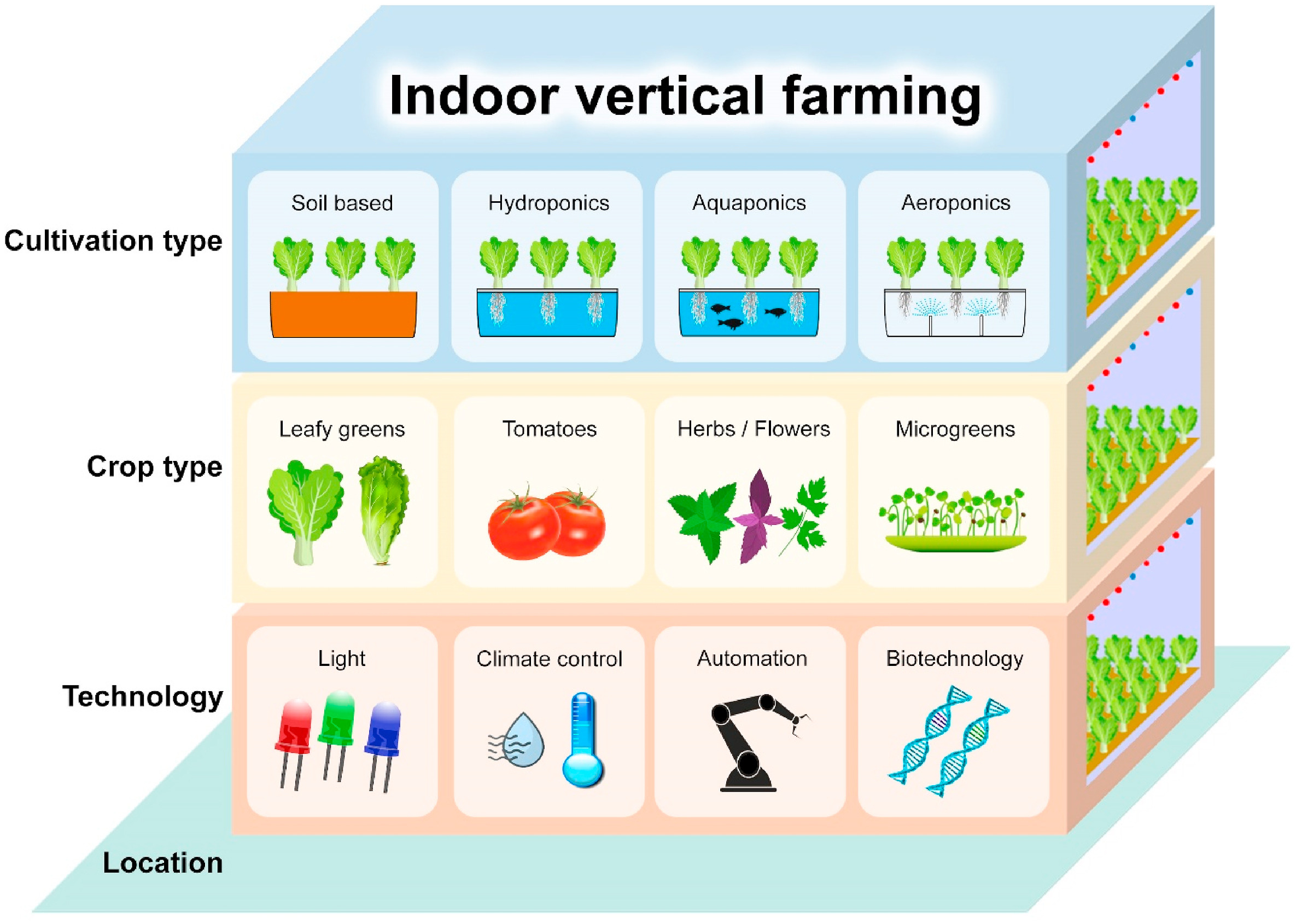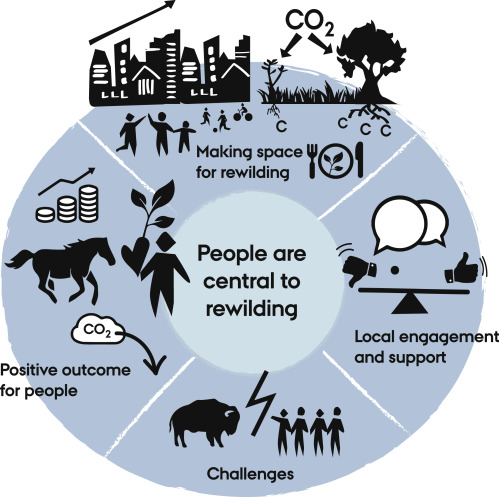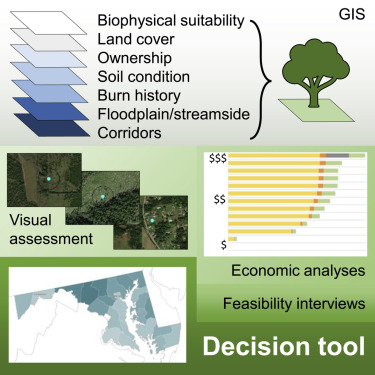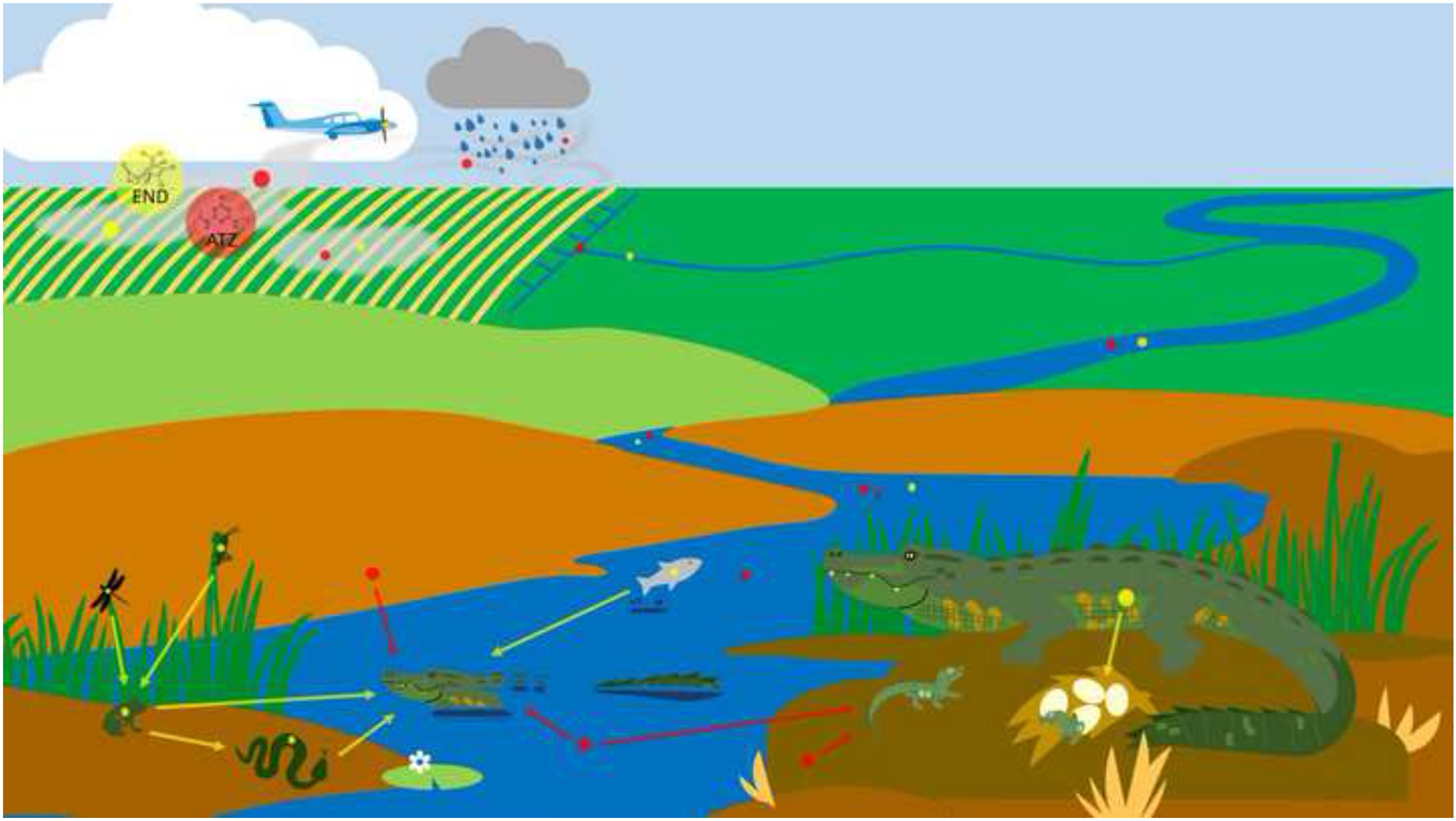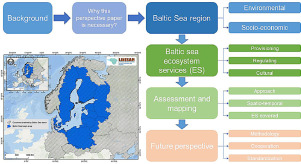Elsevier, One Earth, Volume 3, 18 December 2020
Earth's ecosystems, upon which all life depends, are in a severe state of degradation. The upcoming UN Decade of Ecosystem Restoration aims to “prevent, halt and reverse the degradation of ecosystems on every continent and in every ocean.” These Voices articulate why and what action is urgently needed.
Elsevier, Trends in Food Science and Technology, Volume 106, December 2020
Background: Agricultural production in controlled indoor farming offers a reliable alternative to food and nutrition supply for densely populated cities and contributes to addressing the impending food insecurity. Leafy vegetables, rich in vitamins, minerals, fibres and antioxidants, account for over half of the indoor farming operations worldwide. Light is the foremost environmental factor for plant growth and development, and the success of indoor farming largely depends on lighting qualities.
Elsevier, One Earth, Volume 3, 18 December 2020
Rewilding should be central to the massive restoration efforts needed to overcome the global biodiversity crisis and enhancing the biosphere's capacity to mitigate climate change. Key elements include large areas for nature, restoration of functional megafaunas and other natural biodiversity-promoting factors, synergy with major societal dynamics, and careful socio-ecological implementation.
Elsevier, One Earth, Volume 3, 18 December 2020
Restoring forest cover is a prominent option for climate mitigation. Effective deployment requires knowing where opportunities are and how they vary in carbon capture, costs, co-benefits, and feasibility. Here, we combined spatial, economic, and feasibility analyses to examine 10 different opportunity classes for restoration of forest cover across the contiguous United States. These include non-stocked forests, shrublands, protected areas, post-burn landscapes, pasture lands, croplands with challenging soils, urban areas, floodplains, streamsides, and biodiversity corridors.
Elsevier, Research in Globalization, Volume 2, December 2020
The COVID-19 pandemic has forced sudden transformation in many sectors of the global community, turning the world upside down. Everything has been impacted, not excluding the education sector, which has experienced some unforeseen changes in many parts of the world. The sudden transition to online pedagogy as a result of COVID-19 in developing countries has exposed some inequalities and challenges, as well as benefits. These challenges and inequalities have now become the new realities in the educational sector of developing countries.
Elsevier, International Journal of Gastronomy and Food Science, Volume 22, December 2020
When studying perceptions of eating insects among new consumer groups, the focus is often on factors that make people avoid novel foods. In order to switch perspective and broaden the understanding of drivers for choosing insects as food, this pilot study aimed to explore the reasons for eating insects among Swedish adults with an interest in entomophagy. Data were collected via a questionnaire combined with workshop discussions.
Elsevier, Molecular and Cellular Endocrinology, Volume 518, 1 December 2020
Agricultural pesticides represent a significant class of endocrine-disrupting chemicals (EDCs) to which non-target organisms around the world are constantly exposed. Laboratory studies have found strong evidence showing the endocrine-disruptive potential of these pesticides at environmentally relevant exposure levels. Since the field of endocrine disruption continues to grow in richness and complexity, this review aims to provide an update on the effects of two agricultural pesticides that act as EDCs: atrazine and endosulfan.
Elsevier, Geography and Sustainability, Volume 1, December 2020
The Baltic Sea is essential for marine ecosystem services (MES) provision and the region's socio-economic dynamics. It is considered one of the busiest and most polluted regional seas in Europe. In recent years a collective effort in enforcing European and regional environmental policies and directives (e.g. Water Framework Directive 2000/60/EC, 2000; Marine Strategy Framework Directive 2008/56/EC, 2008; Maritime Spatial Planning Directive 2014/89/EU, 2014) has been carried out. Ecosystem Services assessment and mapping is integrated into these directives.
Elsevier, Current Opinion in Green and Sustainable Chemistry, Volume 26, December 2020
Atmospheric carbon dioxide concentration has been increasing in the last two decades and, as a major greenhouse gas, it has been linked to global warming and climate changes. Capture and conversion of CO2 into fuels and chemicals offer opportunities to mitigate the increasing CO2 buildup, while simultaneously adding value to CO2. The main limitation in CO2 conversion is its high thermodynamic stability, thus requiring catalysts and energy input to drive the transformation.
Elsevier, Current Opinion in Green and Sustainable Chemistry, Volume 26, December 2020
Among the major pollutants in the atmosphere, carbon oxides are the result of multiple factors, mainly due to human activities. Nowadays, the decrease in carbon oxides emissions represents a pressing challenge necessary to limit their harmful effects on the climate change. As a result, numerous strategies dedicated to the environmental preservation are currently under study and, among these, all that kind of technologies that produce power from renewable sources offer promising solutions.
